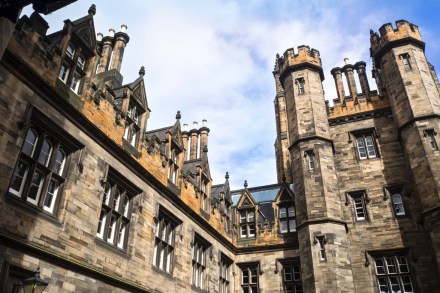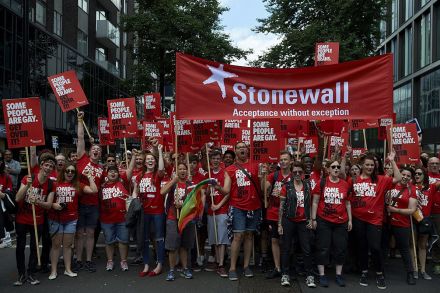Forget race or class, marriage is the big social divide
The latest spark to ignite the culture wars is a report from the parliamentary education committee on the underachievement of working-class white boys. But this isn’t about race. The boys don’t underachieve because they are white. Their skin colour is merely a marker by which we can see that a certain cohort is doing worse than another. And despite received wisdom, it’s not just about poverty, school funding or investment. Children of other ethnicities who are equally poor, and even potentially at the same school, will likely do considerably better. It’s not even about class, which seems to be the latest factor on which the fickle finger of blame is





















